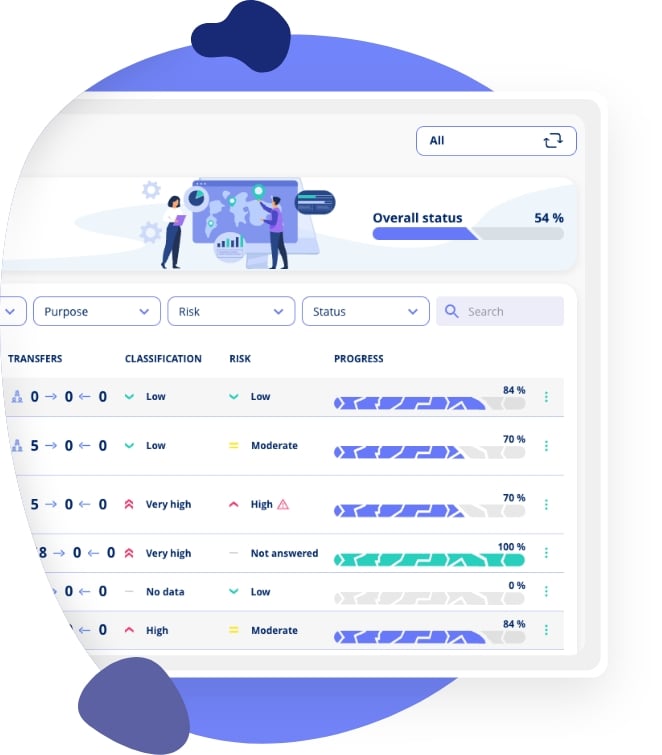What is Pseudonymization?

- Articles
- Security Measures
- What is Pseudonymisation?
Introduction to pseudonymization
In the digital age, where data is the new currency, pseudonymization plays a crucial role in protecting individual identity. But how does it work, and why has it become so important?
The definition of pseudonymization
Pseudonymization, as defined in the data protection regulation, is a process where personal data is modified in such a way that it can no longer be attributed to a specific person without the use of additional information.
The technical side of pseudonymization
To pseudonymize data, it often requires advanced algorithms and techniques. The purpose is to separate data from direct identifiers so that even if the data is compromised, it will be very difficult to link them back to the original person
How pseudonymization differs from anonymization
While both methods aim to protect personal information, anonymization ensures that data cannot be attributed to a person at all. Pseudonymization, on the other hand, allows re-identification under certain circumstances but makes it very difficult in practice.
Legal aspects of pseudonymization
In many jurisdictions, including the EU with GDPR, pseudonymization is recognized as a legitimate and effective method of data protection. This means that companies that correctly implement pseudonymization can meet many of the strict data protection requirements.
Closing thoughts
Pseudonymization offers a balance between preserving the value of data and protecting individuals' privacy. In a time where data breaches and identity theft are growing concerns, the method has become an indispensable part of a holistic approach to data protection.


.jpg)


.jpeg)

.jpg)
.jpg)



.jpg)

-1.png)



.jpeg)








.jpg)

Info
.legal A/S
hello@dotlegal.com
+45 7027 0127
VAT-no: DK40888888
Support
support@dotlegal.com
+45 7027 0127
Need help?
Let me help you get started

+45 7027 0127 and I'll get you started
.legal is not a law firm and is therefore not under the supervision of the Bar Council.




